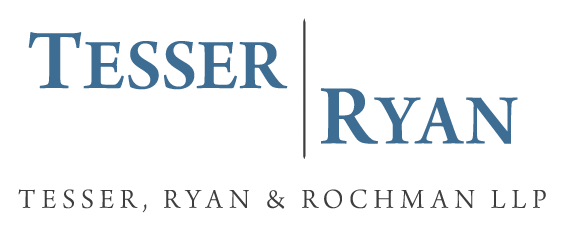Intern or Employee? Know the difference or suffer the consequences
By Anand Patel
Over the last few months, New York and many other parts of the country have seen an increase in lawsuits filed by former interns against their employer for violating minimum wage and overtime requirements of the Fair Labor Standard Act (FLSA). The interns, who worked for either very little pay or no pay at all, have filed suit claiming that instead of providing an educational and career enhancing experience, the employers were simply using interns to fulfill tasks typically done by employees without paying proper wages.
Conde Nast recently had a lawsuit filed against it alleging violation of minimum wage laws under FLSA and NY Labor Law. One plaintiff worked for Conde Naste publication New Yorker while a second worked for W Magazine. Both claim that they were labeled “interns” but were nothing more than low cost labor for their employers. In February 2012, a former Harper’s Bazaar intern sued Hearst Magazines, asserting that she regularly worked 40 to 55 hours a week without being paid. Designer Norma Kamali was sued by an “intern” in early June of this year, alleging that the designer’s company violated federal labor laws by requiring her to work full-time without any pay for three months this year. Rather than being employed, or receiving mentorship or training, the plaintiff alleges that she was instead just helping Kamali, without compensation.
While the outcomes of these lawsuits are still unknown, one thing is clear: employers face substantial financial liability in the event they are found to have violated minimum wage and overtime laws under the FLSA and/or NY Labor Law. An employer who violates the FLSA minimum wage requirements is responsible for the unpaid wages and “an additional equal amount as liquidated damages.” 29 U.S.C. @ 216. An employer who “willfully” violates the FLSA is further responsible to pay the employee plaintiffs’ attorneys’ fees. Additionally, New York State’s Labor Law imposes significant penalties on employers who fail to meet the requirements for record keeping, minimum wage pay and overtime pay. Lastly, employers are individually responsible for back wages owed pursuant to the FLSA and/or Labor Law.
With Summer approaching and many college students looking for internships, companies should review employment laws that determine whether an intern qualifies as an employee or a trainee. The Department of Labor’s Wage and Hour Division fact sheet on internship programs provides useful information on this subject. Under the Fair Labor Standards Act (FLSA), covered and non-exempt individuals who are “suffered or permitted” to work must be paid at least the minimum wage and overtime compensation for hours worked over 40 in a workweek. Typically, interns in the “for-profit” private sector qualify as employees unless their work status meets certain criteria that defines them as trainees. For example, an intern working in the “for-profit” private sector does not have to be paid if the job serves mainly for his or her educational benefit and the training meets certain objectives. In order to determine whether an internship or training program meets this exclusion, employers should apply the following criteria to their decision:
- The internship is structured around a classroom or academic experience, even if the intern works out of the employer’s operational facilities.
- The internship experience benefits the intern.
- The intern does not act as a substitute for regular workers but works under supervision of the existing staff.
- The employer receives no immediate benefit or advantage from the work performed by the intern, and on occasion, its operations may be impeded by the additional training taking place.
- When interns are required to perform productive work (such as filing, clerical work or assisting customers) that benefits the employer in the form of improved operations or additional skills, then they must be treated as an employee and are not excluded from the FLSA’s minimum wage and overtime requirements.
- The intern is not guaranteed or entitled to a job at the end of the training period.
- Both the employer and the intern agree that no compensation will be paid during the time spent working.
If all of these criteria are met, then the intern is not classified as an employee under the FLSA, and employers are not required to provide minimum wage and overtime compensation. The internship or training program should be scheduled for a specific time period, and should not be used as a trial period for the intern’s future employment. Keep in mind that the determination of whether individuals are considered interns or employees largely depends on the specific facts and circumstances of each program, and should be reviewed carefully by companies to be sure all compliance measures are met.
